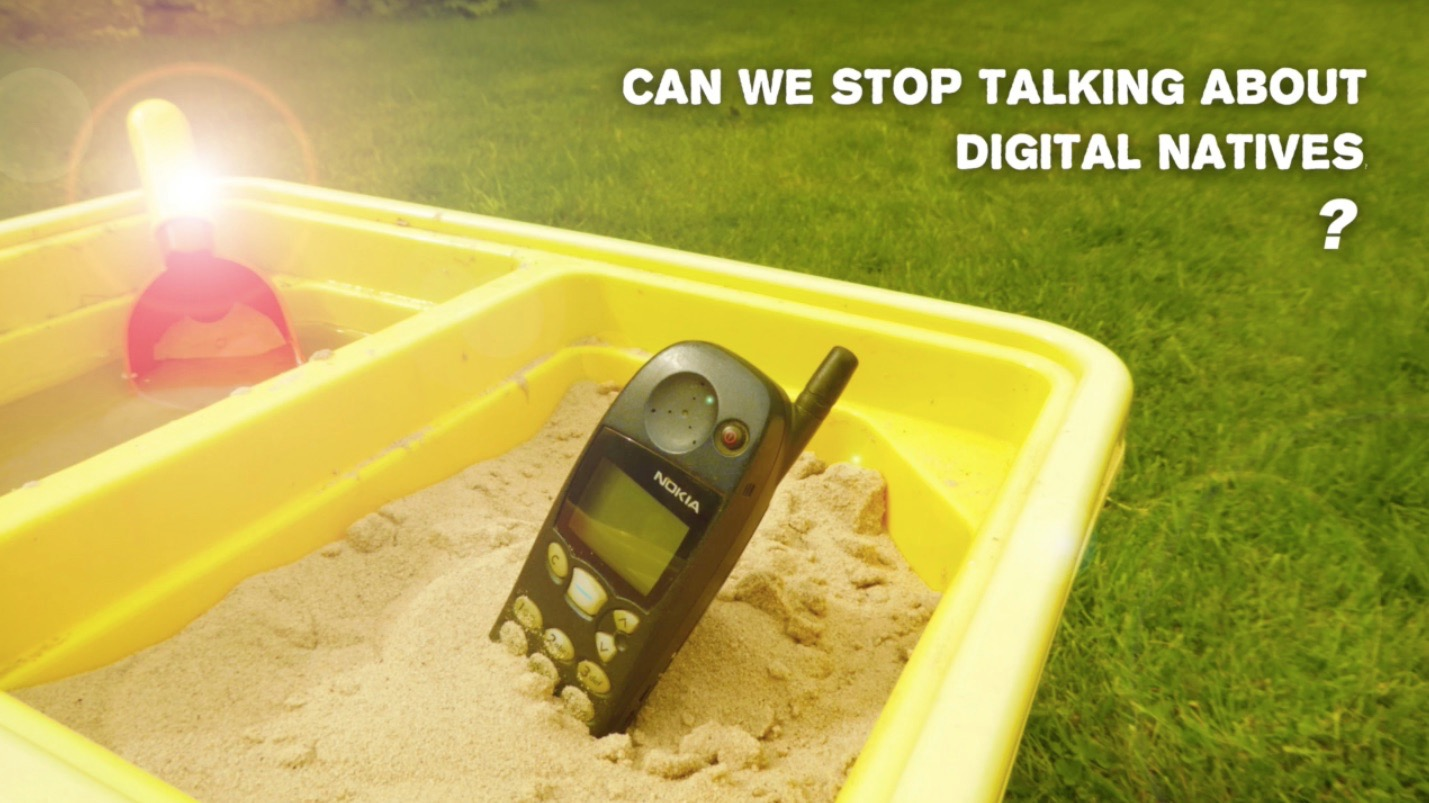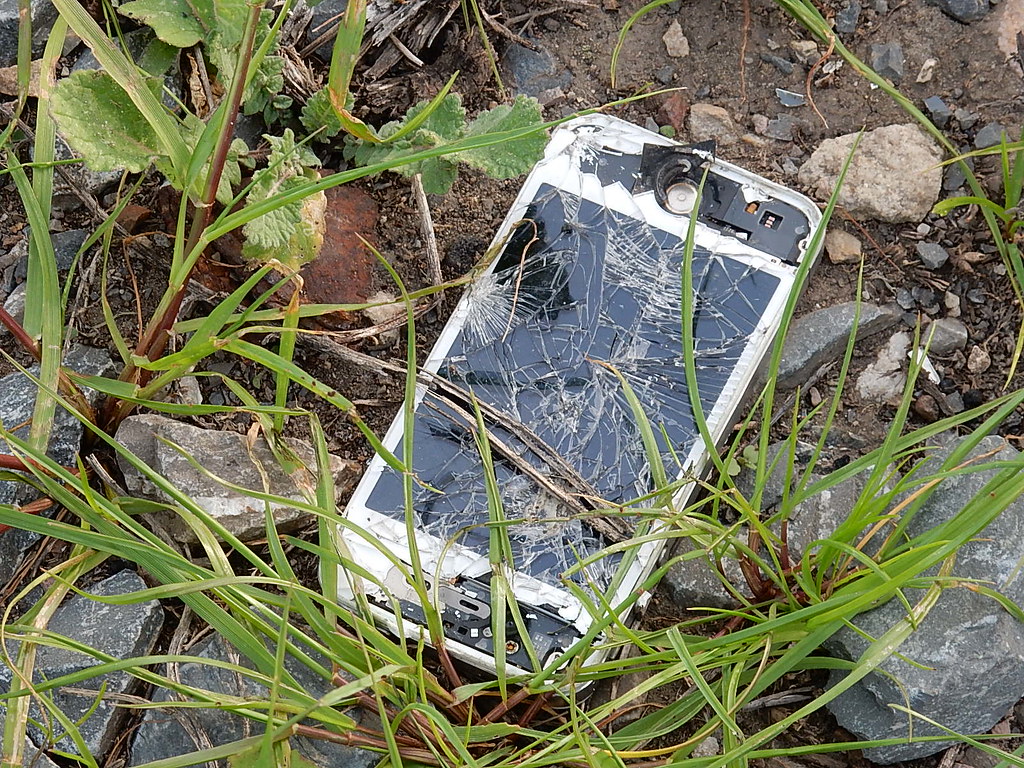Latest Papers

Eef Masson, Karin van Es, Maranke Wieringa
In recent years, a debate has emerged around the question which data competencies students in higher education need in order to be able to adequately study contemporary social and cultural phenomena. Answers to this question depend on contributors’ perspectives, and range from basic and more instrumental (e.g. the ability to operationalize data for research or argumentation) to more complex and reflexive (e.g. to assess how data and its assemblages are epistemically, politically, or ethically ‘entangled’). In this paper, we zoom in on the latter type of competencies, approaching them from a pedagogical angle. More specifically, we look at practices of ‘data walking’, exploring their affordances as a means for creating awareness of, and inciting reflection on, how data are (unnoticeably) embedded in the spaces we inhabit, and what this implies for how we live our lives and understand our world. To this end, we survey four walking varieties, paying particular attention to how they align with the objectives of the scholarly field of Critical Data Studies (CDS). In doing so, we highlight the particular educational merits of each method, but also try to round out what sort of competencies a CDS requires.

The Manifesto for Teaching Online was written in 2011 to articulate a critical yet positive position on online, distance education in opposition to dominant technicist and instrumentalist discourses surrounding the field. Then in 2016 we recreated the manifesto to bring it up to date with new developments in research, practice and policy. This paper charts these changes in the manifesto and discusses how shifting orientations to openness, the ‘temporal turn’, and the operation of code and algorithms in educational spaces influenced what it means to teach critically in and about digital environments.
The Manifesto was written as a provocation, sitting outside the usual forms of representation of academic knowledge and deliberately brief. It was intended to stimulate ideas about creative online teaching, and to reimagine some of the orthodoxies and unexamined truisms surrounding the field, and emerged directly from the research and teaching activities of its authors. In this paper we examine the academic community’s reception of the manifesto since its launch, and in doing so explore its role in challenging taken-for-granted truths about how to value digital education.
This article makes two key contributions: first; it provides an analysis of how teaching in higher education responded to and shaped digital change in a five-year period; and second, it shows how non-traditional forms of academic discourse like the manifesto can serve to focus our critical attention on issues that might otherwise be overlooked in a fast-moving field like digital education, and in contexts that continue to see the digital in instrumental, rather than critical, terms.

This paper provides an exploratory case study Google Expeditions (GE), a virtual reality (VR) toolkit designed for the classroom, and it’s roll-out in the UK through the “pioneer program”. Drawing from existing research on Google, platform studies, and interdisciplinary work on the digital landscape, this paper examines the conflicting tensions around the logic of Google for Education (GFE) and the tangled user experiences of GE within a higher education context. Findings are drawn from participant observation of a one day GE trial; participant observation of 396 people’s mostly first time experience with GE; a post-trial survey with those predominantly first-time users (N = 100); and participant observation of invite-only GFE events organized by Apps Events on GFE’s behalf. In addition to providing a detailed insight into the rollout of a rising educational Google product, findings suggest GE engages contradictory dynamics. On one hand, users experience exciting, disruptive play, and on the other, the pioneer program extends Google’s platform empire, colonizing educational space and those within it.

This paper begins with a young British woman – Sophie - and her interpretation of the customized advertising and news she encounters on the social networking and search platforms she accesses via her mobile phone. The paper adopts Sophie as a provocation for identifying and thinking through a range of issues that arise from these new contextual landscapes. To unpack Sophie’s perceptions and experiences, the paper turns to a framing discussion of the impact and reach of data in contemporary culture and the discourses that have grown up around it. The paper then turns to the challenges posed by this new economic and cultural landscape for the ways in which we approach identity, text and being an effective literate citizen-worker.

This paper arises out of a very contemporary problem that is plaguing higher education: how the notion of ‘free speech’ is being misused to hamper truly scholarly debate and encourage hate and fear primarily through misinformation. To understand how this issue has arisen and become important, the paper explores the origins and growth of a loose group of disgruntled pro-white far-right reactionaries (DPWFRR), who market themselves using the term ‘Alt Right.’ Free speech is but one of many of their ‘concerns’ and perhaps not a central one. The intellectual ambitions and financial foundations of these groups on the one hand and the identity needs of young people on the other hand serve as explanatory frameworks to understand the attraction of students to the DPWFRR’s digital networks. This paper reveals the underlying depth of the problem and suggests that institutions and staff have a clear (though difficult) path ahead if there is to be a powerful and effective revolt against this popular reactionary right-wing network.

